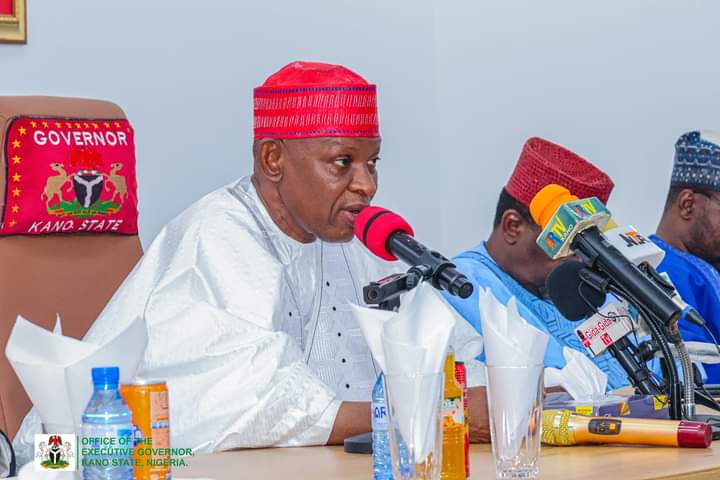Ƙabiru Haruna
The Executive Secretary of the Kano State Private and Voluntary Institutions Board, Comrade Baba Abubakar Umar, recently addressed critical issues concerning private and voluntary schools during a program on Freedom Radio.
The discussion focused on the regulation and oversight of these institutions to ensure the delivery of quality education and the protection of students’ and parents’ interests.
Key points highlighted by Comrade Umar include:
1. Regulation of Fees and Practices:
Private and voluntary schools in Kano State are prohibited from arbitrary fee increments and forcing parents to purchase materials directly from the schools. This measure aims to curb exploitation and ensure fair practices.
2. Safety and Professionalism:
Schools must provide safe learning environments with qualified and professional teachers. This is part of the broader commitment to uphold high educational standards across the state.
3. Mandatory Registration and Tax Compliance:
All private and voluntary schools are required to register with the board and comply with tax regulations. This is intended to standardize operations and ensure that schools contribute to the state’s development.
4. Encouraging Parental Involvement:
Parents are encouraged to report schools with substandard teaching or those operating in unsafe or dilapidated buildings. The board requires written complaints with contact details to take action.
5. Enforcement and Compliance:
The board will collaborate with relevant authorities to prosecute non-compliant schools, reinforcing the state’s commitment to quality education and adherence to regulations.
6. Census and Monitoring:
New census forms will be distributed to private and voluntary schools to ensure accurate data collection and effective monitoring.
7. Support for Local Ownership:
Comrade Umar encouraged Kano indigene’s to establish private schools, emphasizing the importance of maintaining the state’s norms and values. The board also stresses the inclusion of Hausa, Arabic, and Islamic studies in school curriculums.
8. Open Dialogue and Fairness:
The board remains open to dialogue and discussions with those willing to comply with the law, ensuring a peaceful and cooperative approach to regulation. Comrade Umar reassured stakeholders of the board’s commitment to impartiality and justice in all dealings.
9. Commitment to Service:
The Executive Secretary expressed his dedication to serving the people of Kano State with transparency and accountability, highlighting a commitment to higher ethical standards and accountability to Allah.
10. Support for Government Initiatives:
Praise was given to Governor Abba Kabir Yusuf for his allocation of 30% of the state budget to education and the declaration of a state of emergency in the sector. This commitment reflects the government’s prioritization of educational development in Kano State.
The overarching goal of these measures is to regulate and monitor private and voluntary schools in Kano State, ensuring that they provide quality education while safeguarding the interests of students and parents.
The board’s approach emphasizes transparency, fairness, and accountability, striving to create a conducive environment for educational excellence in the state.
